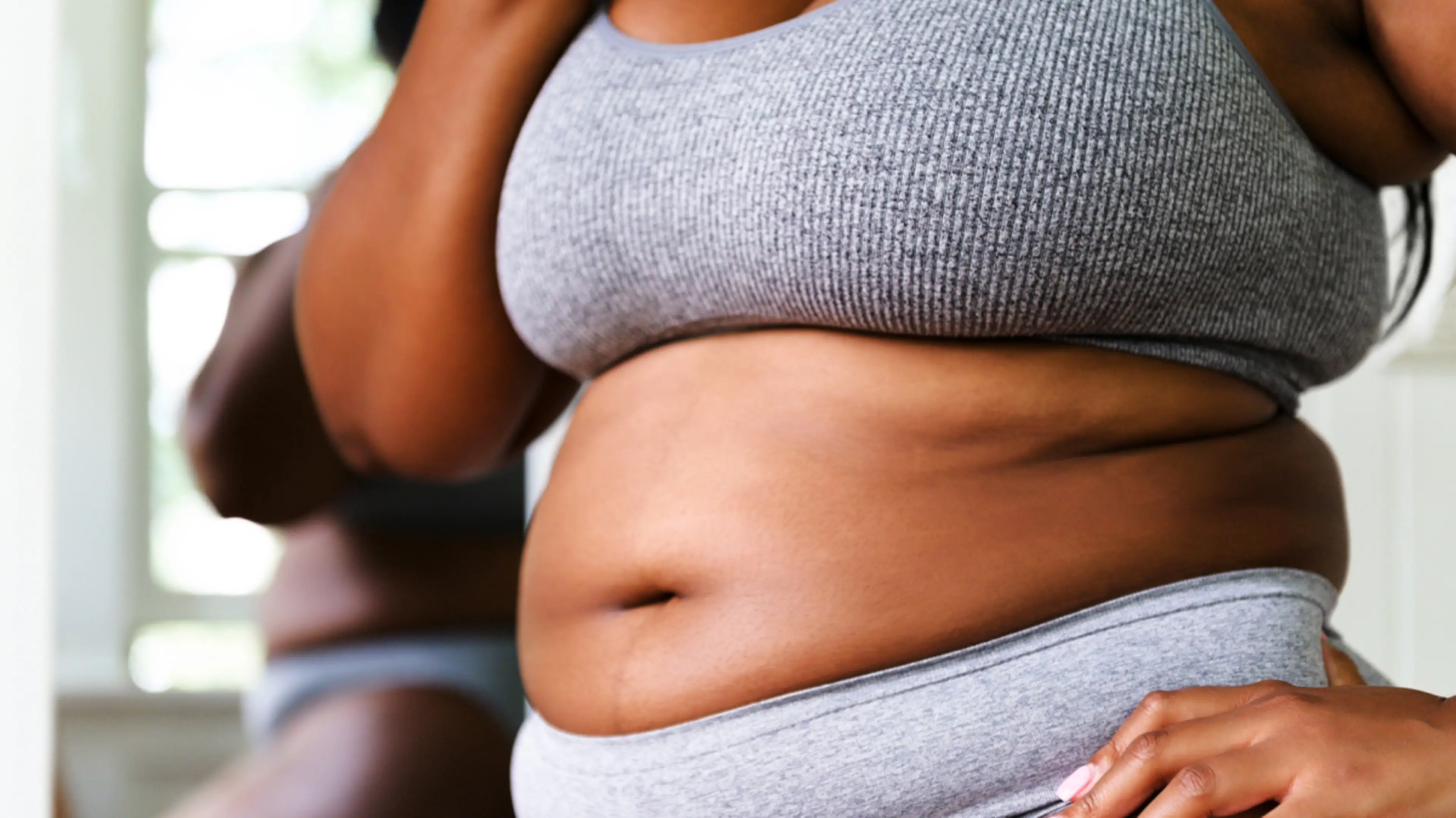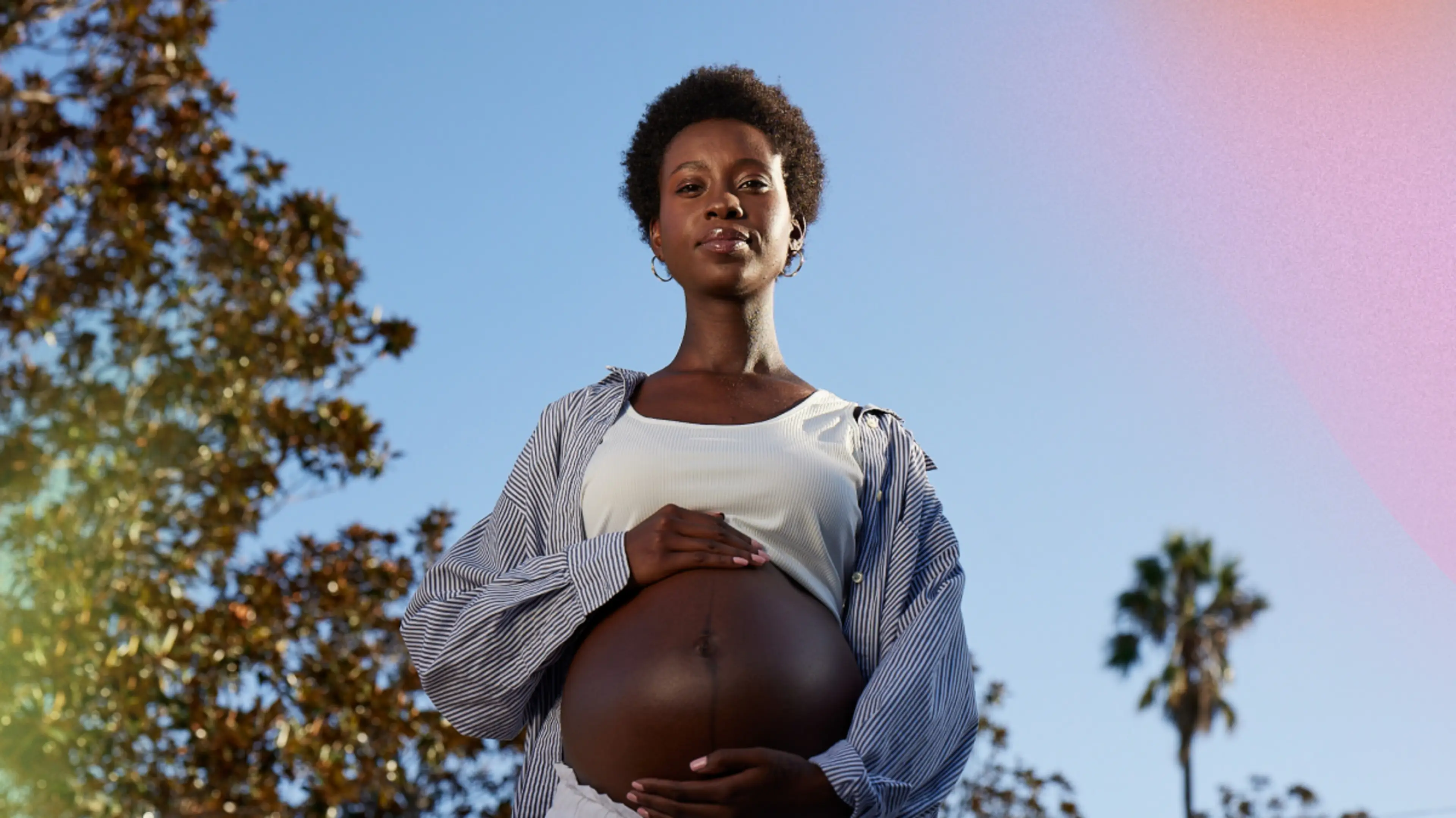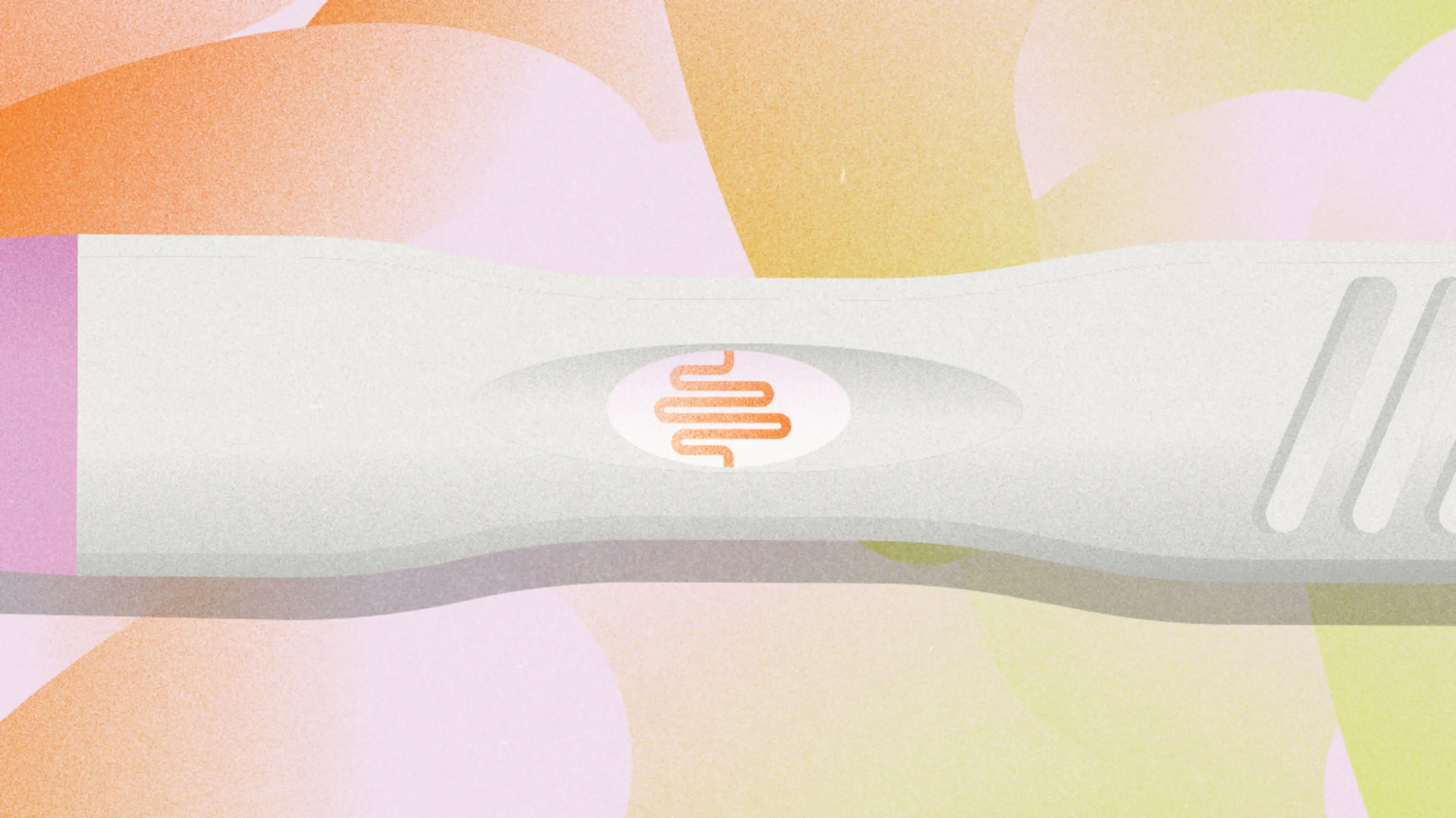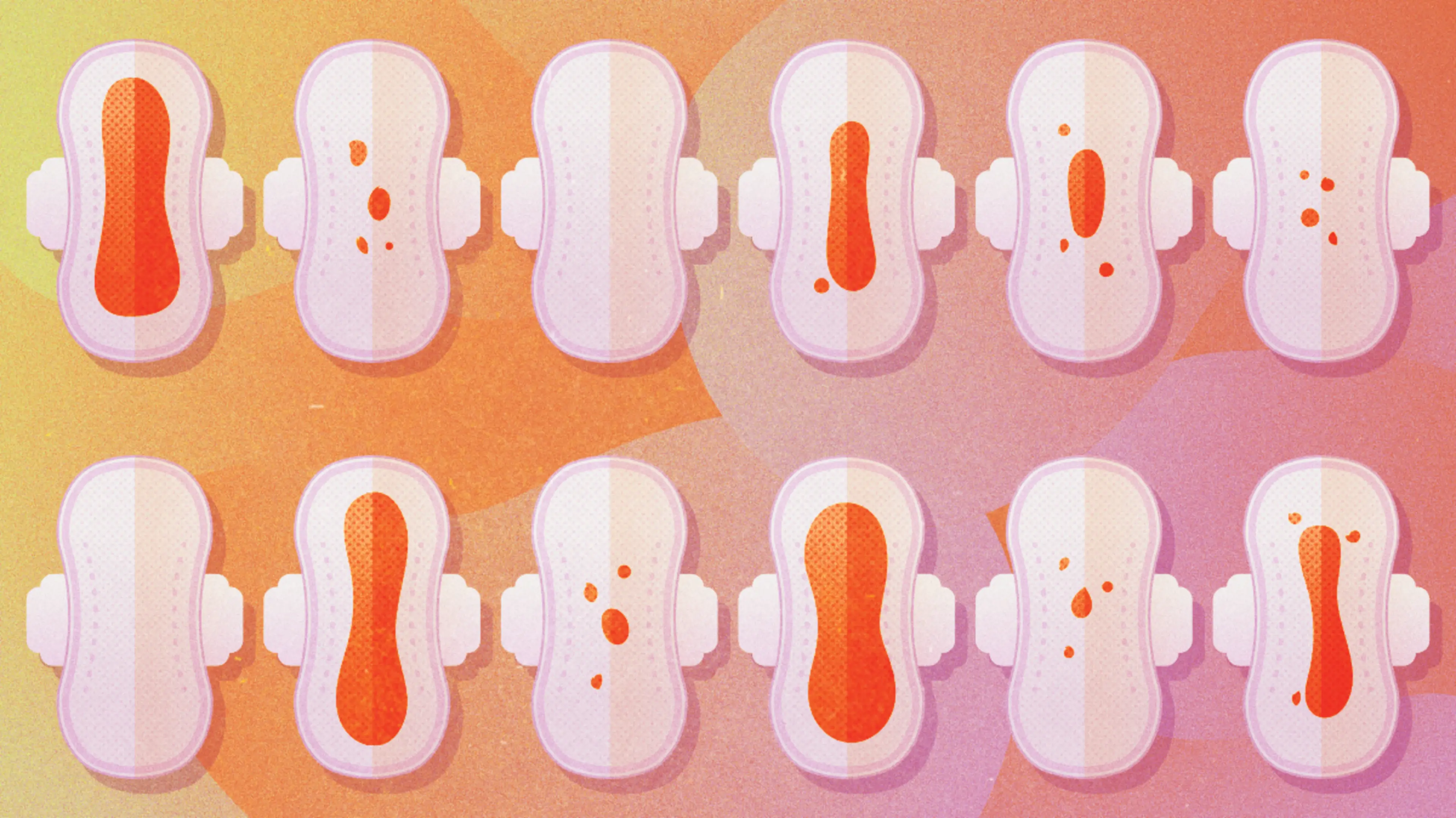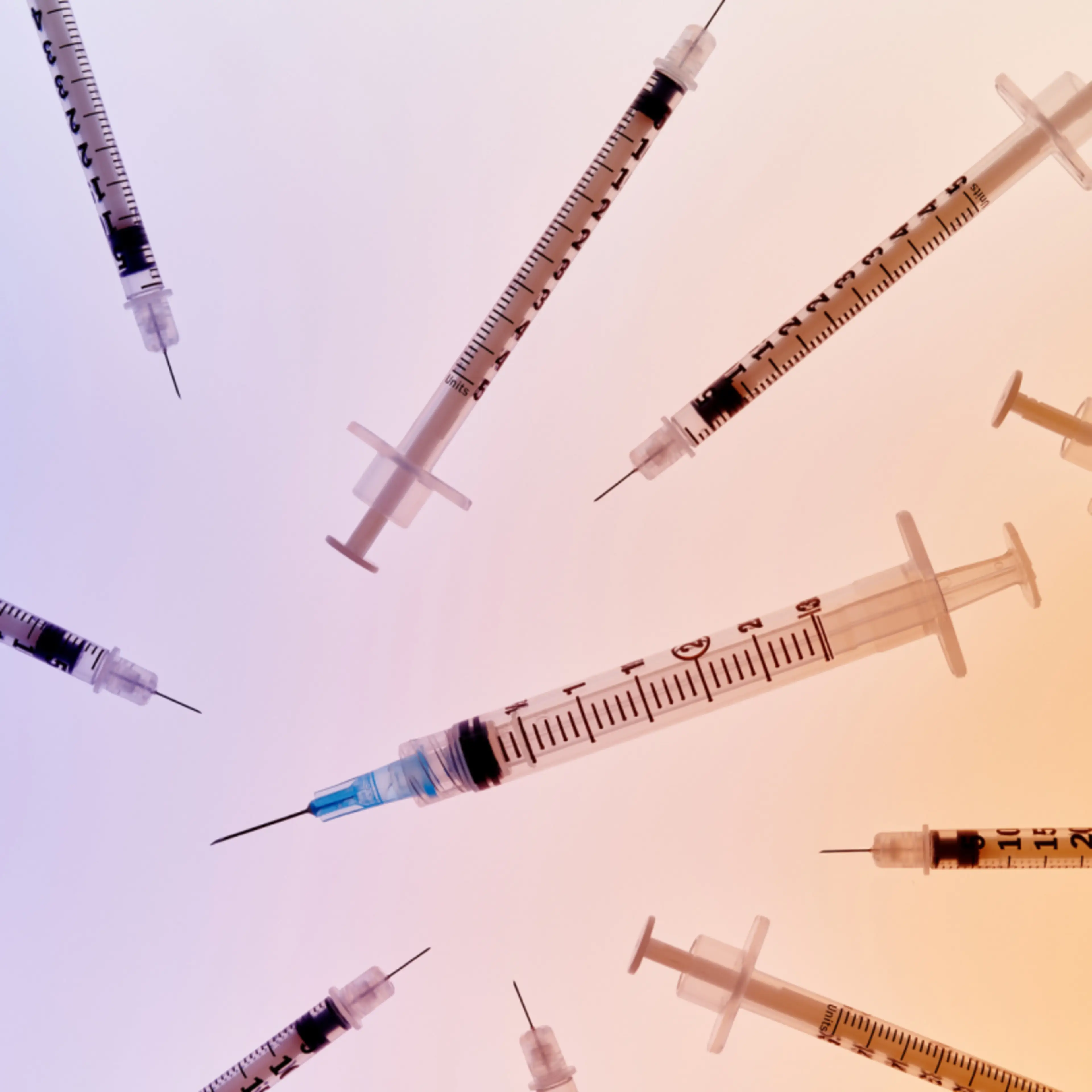TLDR: Once you start trying to get pregnant, you understand why it’s important for women to start recognizing—and potentially tracking—their cycle. Learn when ovulation occurs, which day around ovulation when you’re most fertile, and why, while you can conceive after ovulation, the chances are slim.
When it comes to fertility, understanding your ovulation patterns can help take some of the guesswork out of knowing the best time to have sex to get pregnant. While we know the best time to get pregnant is at ovulation and the five days before, you may wonder if you can get pregnant after ovulation.
The good news: there is a chance–but it’s a small one.
Dr. Cynthia Murdock1 , a reproductive endocrinologist and partner at Illume Fertility, says, “Peak fertility occurs one to two days before ovulation and starts to decline the day of ovulation. Oocytes (eggs) are only able to be fertilized for about 24 hours after ovulation, so while it is possible to conceive in the days post-ovulation, one study showed a less than 2% chance of conception on cycle day 21.“
Read on to understand more about ovulation, how long you have to get pregnant in a cycle, and your most fertile day after ovulation. We’ve also broken down some of the signs of ovulation and when to call your doctor if you’re having trouble becoming pregnant.
What Is Ovulation?
Ovulation is when a mature egg is released from an ovary. This process starts with the pituitary gland sending out a luteinizing hormone (LH) to the ovary. A follicle with a mature egg inside is ruptured, releasing the egg. Once the mature egg is released, it travels through the fallopian tubes.
When the mature egg reaches the fallopian tubes, it either gets fertilized by sperm or it doesn’t. If the egg is fertilized, it will continue down into the uterus and implant into the uterine wall. If the egg is not fertilized, it will continue traveling down to the uterus and will be released into the lining of the uterine wall.
When Does Ovulation Occur?
Like many processes in a woman’s body, ovulation can occur at different times and varies upon the person. The rule of thumb for ovulation is 14 days before your period—or at the halfway point of an average 28-day menstrual cycle, but it may be closer to 7–19 days2 before your next period. It takes about 24 hours for the ovulation cycle to complete.
How Long After Ovulation Can You Get Pregnant?
Once ovulation happens, your chances of getting pregnant start to decrease. Once the egg is released, it starts to die off within 12 to 24 hours. This explains why it’s possible to get pregnant a day after ovulation.
When Do You Have the Highest Chances of Getting Pregnant?
With only a 24-hour ovulation period, you may be wondering how anyone can get pregnant with such a small window. Because of the changes in the cervical fluid before ovulation, sperm can live in the female body for three to five days3 .
Fertility peaks two days before ovulation,4 so it’s best to have intercourse in the days leading up to ovulation, and not necessarily on the day of ovulation or the day after. However, the entire fertility window is about six days: five days before ovulation and the next day after.
How Do You Know When You’re Ovulating?
If you’re trying to conceive, you could track your ovulation, because knowing when you ovulate can help you increase your odds of getting pregnant. The first thing you need is an ovulation tracking app or just a simple paper calendar. Either one can help you track certain changes in your body for a few months. After a while, you may begin to see some trends to help you learn about your ovulation period.
You may notice a few signs of ovulation during the month, like breast tenderness or increased sex drive. These are helpful to track, but may not happen each month. Here are some other signs of ovulation that you may want to keep a close eye on.
Tracking basal body temperature
Your basal body temperature is your temperature entirely at rest. The best, most reliable time to take your BBT is first thing in the morning. If you choose this method, keep a thermometer on your bedside table, and before you even get out of bed in the morning, take your temperature and record it.
After ovulation, the hormone progesterone may cause a spike in your BBT5 . This spike is slight—it only increases by one-half of a degree to one degree. Once you see this spike, you know ovulation has occurred. By tracking your BBT, you may be able to see a pattern of when your BBT spikes. With this info, you can better understand when you’re ovulating.
Cervical mucus
Another way to tell if you’re ovulating (or not) is by the consistency of your cervical mucus.
Cervical mucus6 is important in fertility, because it accepts, filters, and prepares the sperm before it’s released to the egg. Before ovulation, the hormone estrogen increases and changes the cervical mucus, making it similar to an egg white in look and texture. This change in cervical mucus allows the sperm to survive in the female body and swim to the egg.
Cervical changes
Not only does your cervical mucus change during ovulation but so does your actual cervix. This test may be a little more challenging to learn, but it’s a valuable ovulation test if you can feel the differences.
Make sure you clean your hands before doing this test and get into a comfortable position, squatting, sitting on the toilet, or with one leg up on a counter. Then, feel inside your vagina for your cervix. Your cervix goes through many changes throughout your menstrual cycle, but it usually feels firmer than the tip of your nose. When you’re ovulating, the cervix becomes higher and softer, sort of similar to your lips. Record all your findings in your ovulation tracker.
Ovulation tests
Besides using your own body’s signs for ovulation, you can also invest in ovulation tests. These are very similar to pregnancy tests, but they use your urine to detect the luteinizing hormone, LH, rather than a pregnancy.
LH is responsible for your ovary releasing a mature egg. If you’re not finding patterns with the other ovulation signs, you may want to try ovulation tests.
Keep in mind, Dr. Murdock says, “No method of ovulation prediction is 100% accurate, and most women have a variation in the day they ovulate from month to month, both of which can account for “off-cycle” conception.”
What Can Prevent Ovulation?
So many processes in a woman’s body rely on a delicate balance of hormones, and ovulation is no different. If your periods are irregular, you’re not becoming pregnant while you’re regularly trying, or you’re not getting a period, you may not be ovulating.
Ovulation can be affected by many factors. Age can play a role in ovulation because the number of eggs begins to reduce as we get older. Underlying medical conditions can also affect ovulation, including thyroid issues or gynecological issues, like polycystic ovary syndrome.
Some lifestyle factors also may affect ovulation and fertility. While it is easier said than done, it’s important to manage your stress levels, especially if you’re trying to get pregnant.
Lack of sleep can also negatively affect ovulation.7 If you smoke, use this as another reason to kick the habit: smoking can reduce your ability to ovulate8 .
When To Call Your Doctor
If you’re trying to have a baby, you may be surprised by how long it can take to actually get pregnant. Here’s a rough guide of when to consult your doctor about your fertility.
If you’re younger than 35 and have been trying to conceive for over a year, you should set up an appointment to talk to your doctor.
If you’re older than 35, set up that appointment if you get to the six-month mark without getting pregnant.
If you are older than 40, you may want to bring your doctor into the conversation as soon as you’re interested in getting pregnant.
Your doctor may be able to run tests to determine if you’re ovulating or check to see if there are any other fertility issues. They may order blood work and an ultrasound to better understand what’s going on inside your body. They may also request a sperm sample from your partner.
Conclusion
There’s a lot that goes into ovulation, from the process of ovulation itself and how long it actually lasts to your fertility window. Getting pregnant after ovulation is possible; however, the chances of getting pregnant are much higher before ovulation occurs. The most fertile time is around two days before ovulation.
While it’s important to know what happens during ovulation and when you can get pregnant, knowing when you’re ovulating can help increase your chances of getting pregnant.
The signs of ovulation may include a rise in your BBT, a change in your cervical mucus, and the feeling of your cervix. You can also track it with an ovulation test. If you don’t notice changes related to ovulation, or if you’ve been trying to get pregnant unsuccessfully, reach out to your doctor.

